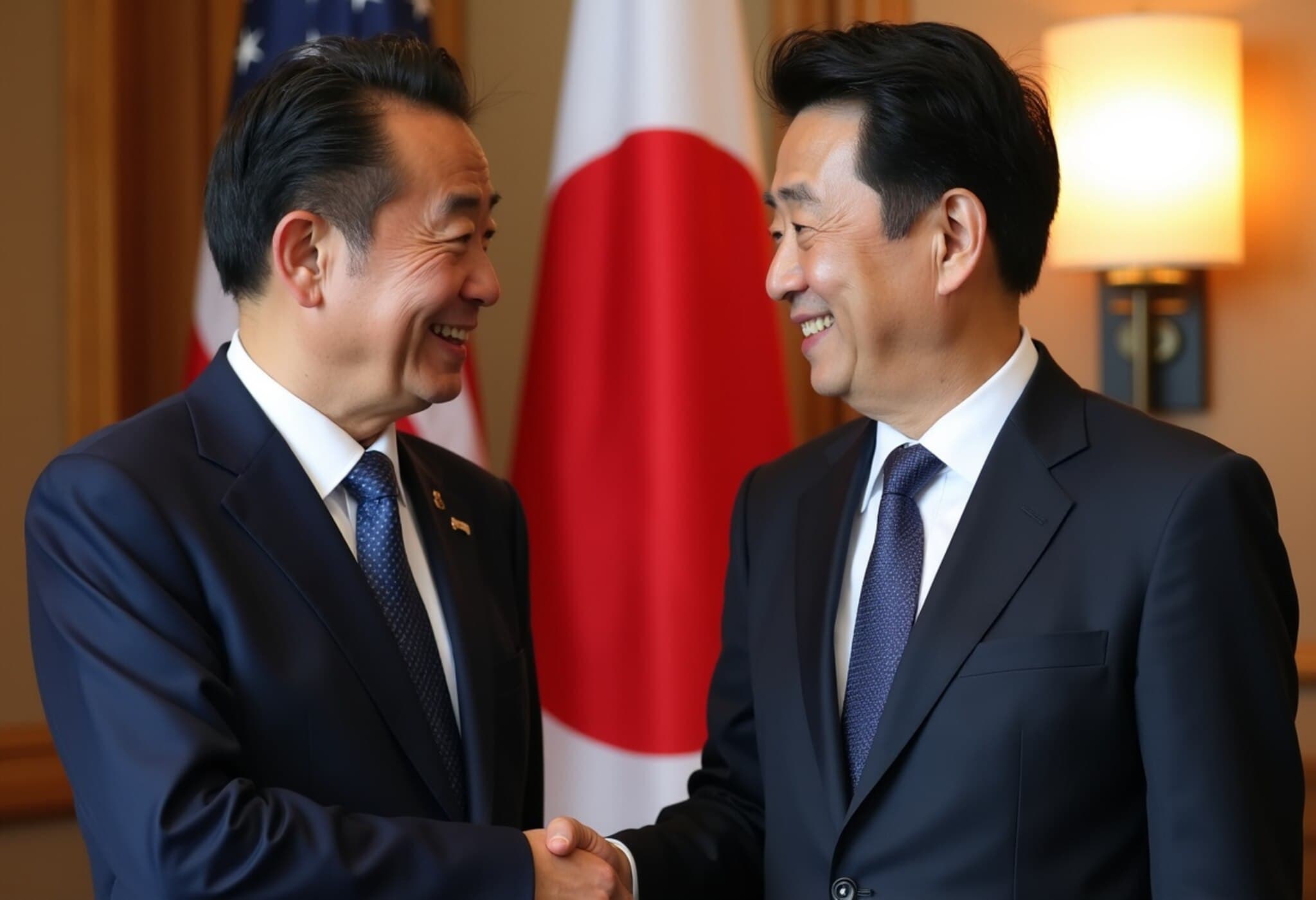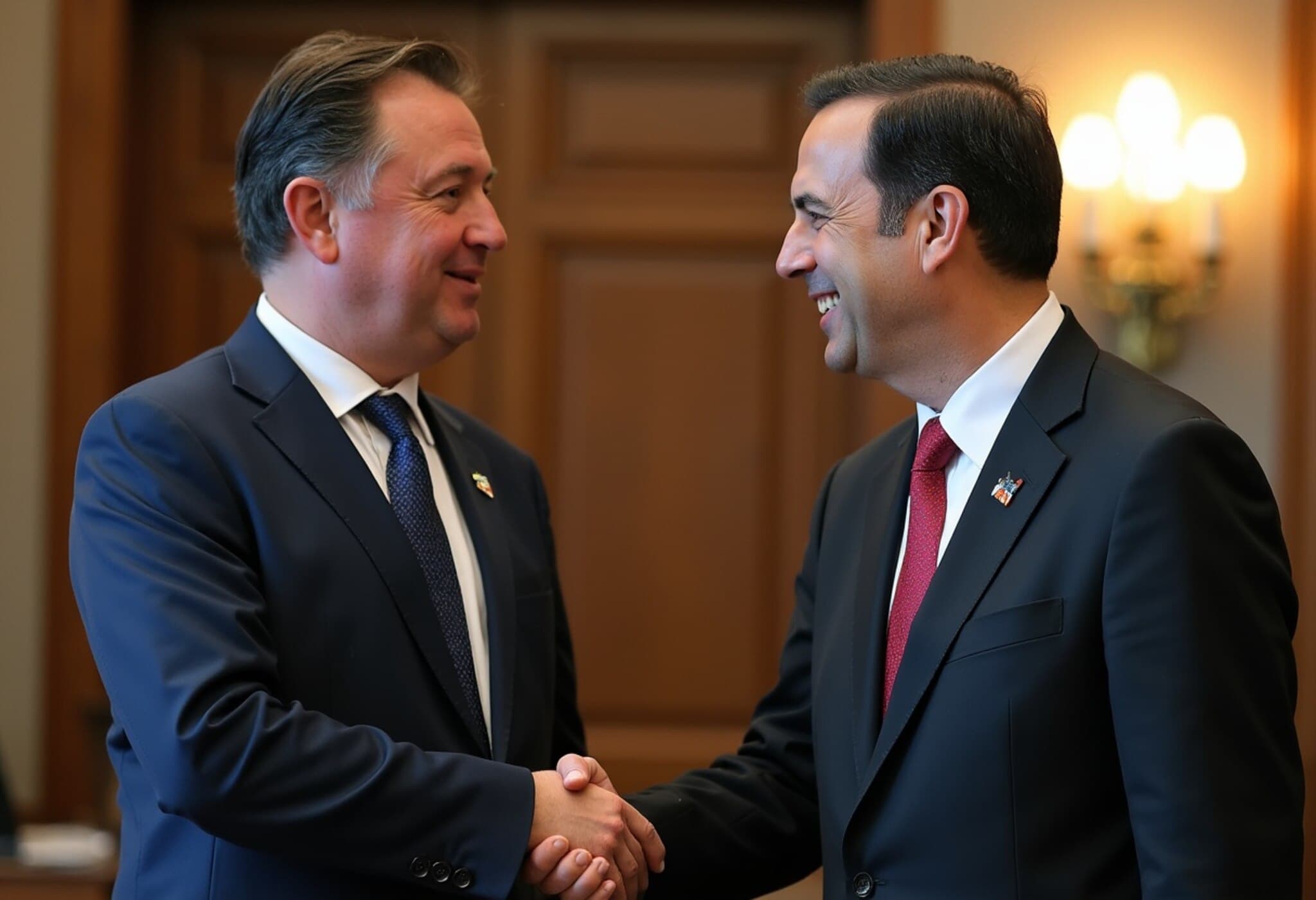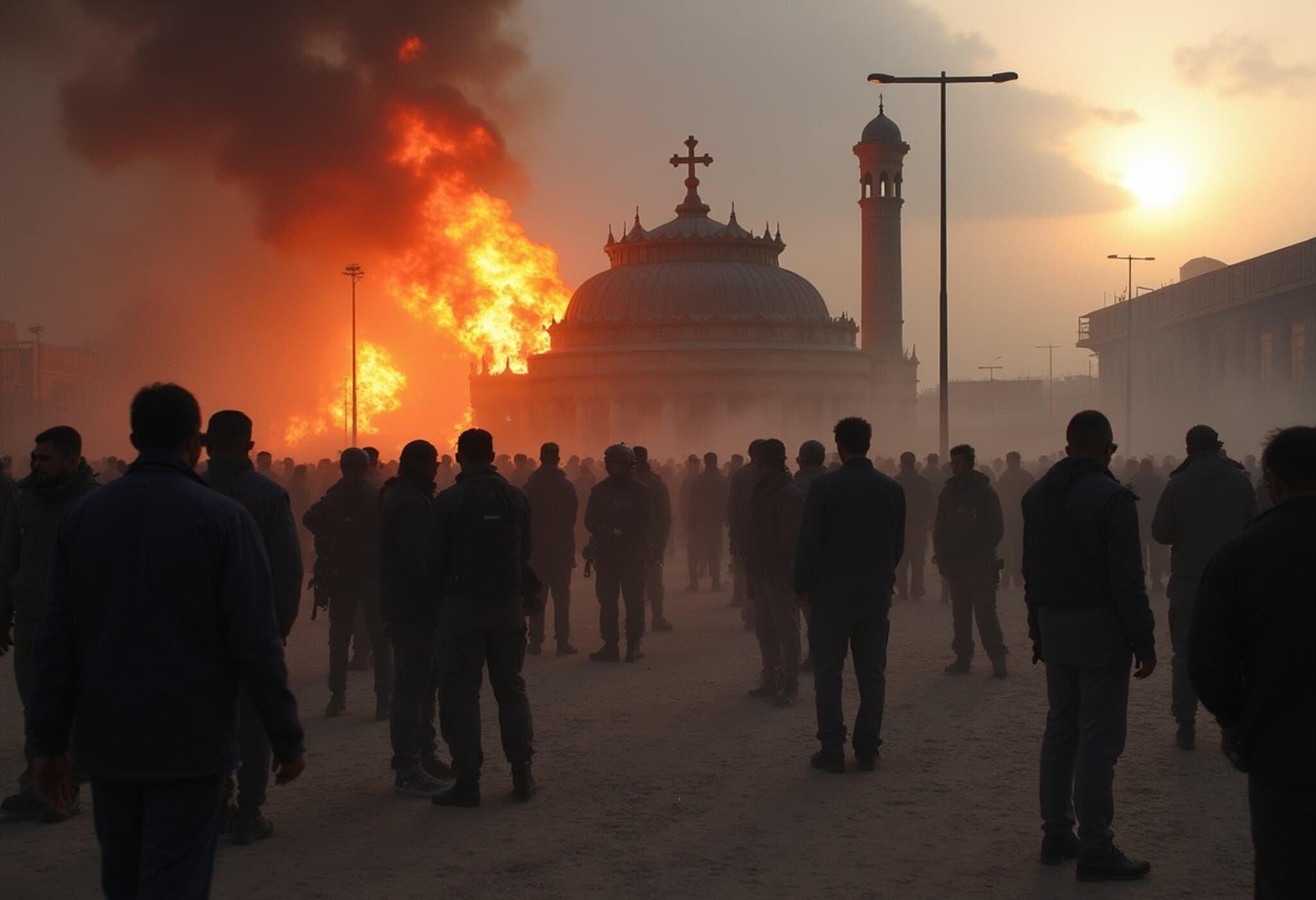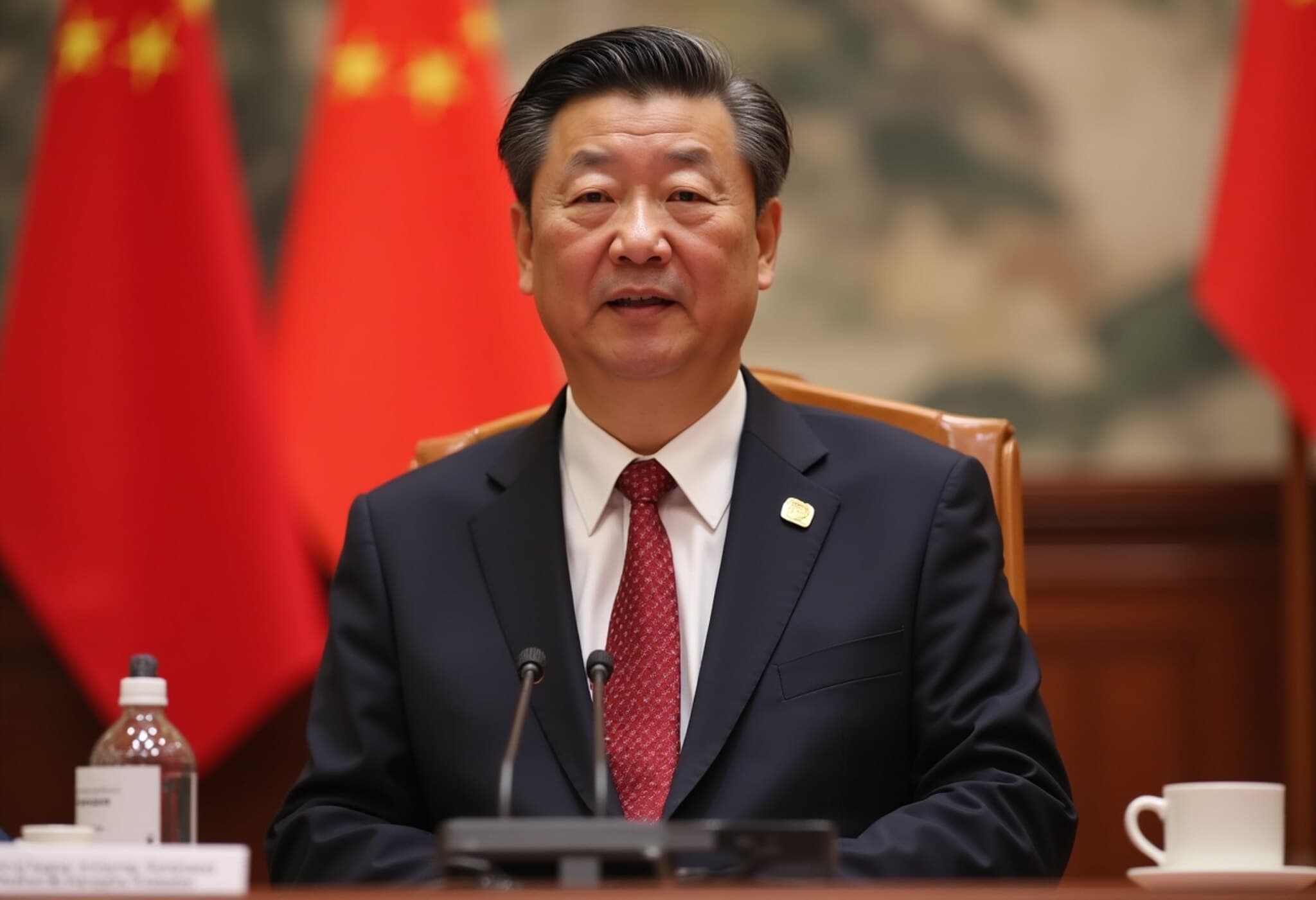Major Counterterrorism Operation in Ethiopia Targets Islamic State Cells
In a significant move highlighting ongoing security challenges in the Horn of Africa, Ethiopian authorities have apprehended 82 individuals suspected of membership in the Islamic State (IS) terror network. These arrests mark a focused crackdown on militants linked to IS affiliates operating across porous borders.
Background: Somalia-Based Islamic State Faction's Regional Threat
The detained suspects are reportedly connected to the Islamic State’s Somalia affiliate, primarily active in the semi-autonomous Puntland region. This group, though smaller than its rival al-Shabaab, has been gaining traction due to foreign fighter inflows and rising financial resources. According to the National Intelligence and Security Service (NISS), which disclosed this information via state media outlet Fana Broadcasting, the militants were believed to be deployed for orchestrated terrorist attacks within Ethiopia.
Experts note that the rise of the Islamic State in Somalia represents a concerning expansion of IS's global footprint, particularly as it attempts to establish sleeper cells beyond Somalia’s borders. Ethiopian intelligence agencies have reportedly been "closely monitoring the group’s cross-border infiltration strategies" and movements for some time.
Security Dynamics in the Horn of Africa
With an estimated 700 to 1,500 fighters, the IS faction in Somalia has posed an increasingly challenging threat, though it remains substantially less powerful than al-Shabaab, the al-Qaeda-linked militant group controlling large parts of southern and central Somalia. Despite this, the IS affiliate's growth is troubling for regional stability.
The U.S. military has periodically conducted airstrikes targeting IS operatives in Somalia, intensifying efforts during recent years under various administrations to disrupt the group’s capacity. Concurrently, regional governments—including Puntland’s authorities—have launched offensives against IS presence, reclaiming key territories since December 2024.
Broader Implications and Remaining Challenges
Ethiopia’s arrests underscore the country's critical position amid a volatility hotspot where militant groups exploit ungoverned spaces and weak border controls. The detention of these 82 suspects reflects improved intelligence cooperation and a commitment to preventing terror activities within Ethiopia’s borders.
However, the complexity remains:
- The necessity for sustained regional collaboration to counter cross-border terror networks
- Addressing underlying socio-political grievances that fuel recruitment
- Ensuring human rights-compliant security operations to maintain public trust
With Ethiopia navigating internal political reforms alongside these security concerns, balancing counterterrorism priorities with broader national stabilization efforts will be key to long-term success.
Expert Commentary
Dr. Helena Mulatu, a security analyst specializing in East African conflicts, remarks, "The Horn of Africa is a magnet for various militant groups due to its fragmented political landscapes. Ethiopia’s proactive stance in detaining these operatives is promising, but the fight against violent extremism demands a multi-layered approach integrating community engagement and regional intelligence sharing."
Looking Ahead
As Ethiopia and neighboring states intensify counterterrorism operations, monitoring potential repercussions such as displacement or retaliatory attacks remains essential. Additionally, international partners continue to play a supportive role in stabilizing the region through strategic aid, capacity building, and diplomatic engagement.
Editor's Note
The recent mass arrests mark a crucial milestone in disrupting emergent terror threats in East Africa. Yet, this development invites deeper reflection on how governments can simultaneously counter violent extremism and nurture social cohesion within fragile political environments. Readers are encouraged to consider how global and regional efforts might evolve amid shifting geopolitical tides, and what long-term solutions can effectively address the root causes behind terrorism’s persistence in the Horn of Africa.


















